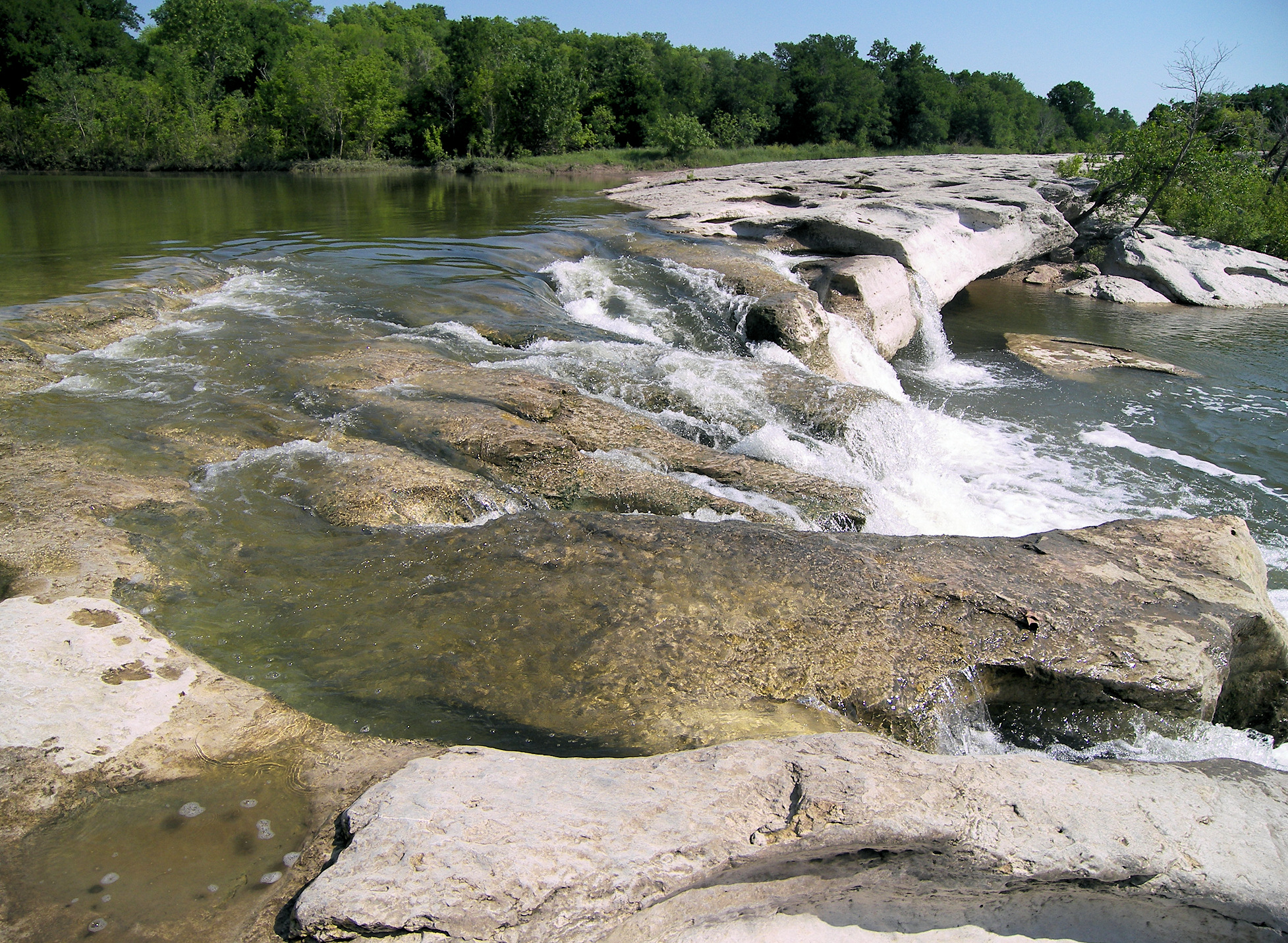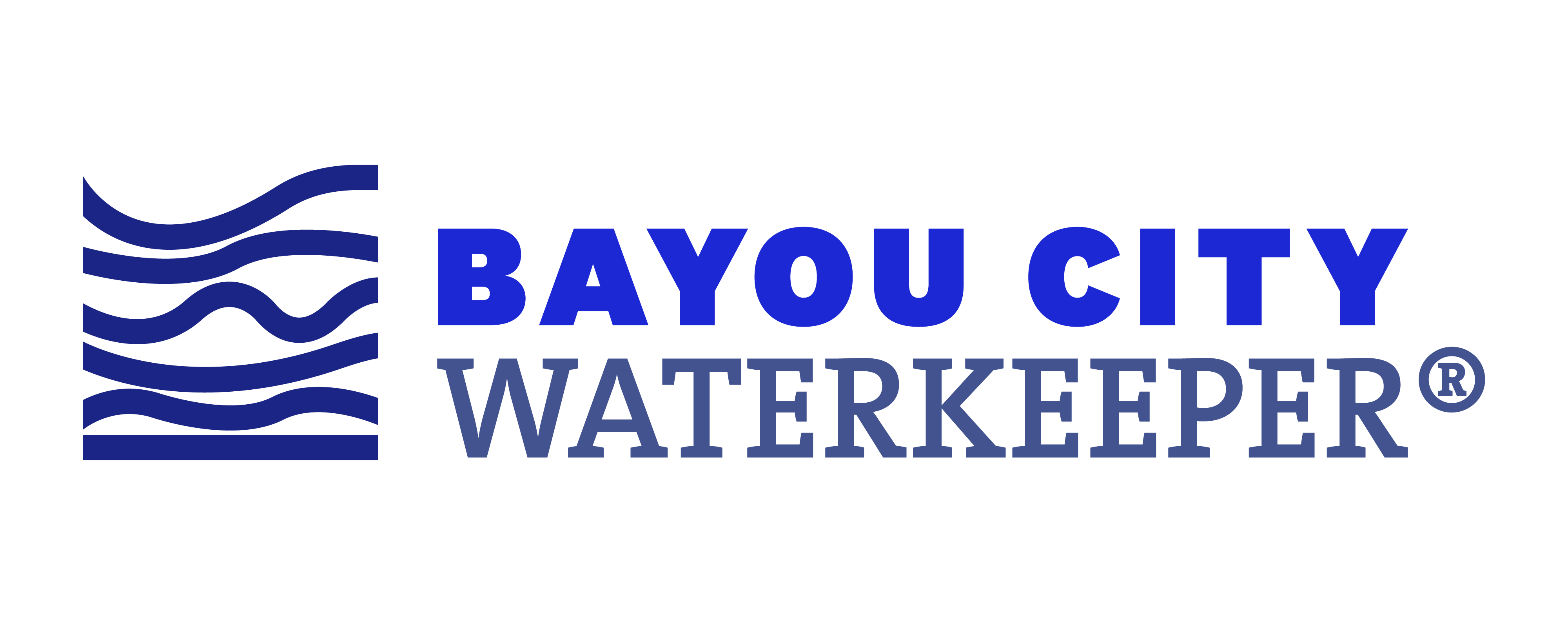Last Friday, with water protection groups across the State, Bayou City Waterkeeper asked the Texas Supreme Court to give meaning to the “antidegradation” policy required by the Clean Water Act. The Texas Commission on Environmental Quality (TCEQ) has the responsibility for implementing this policy in our State and has created a large loophole that has allowed many water bodies in Texas to become more polluted.

What is the antidegradation policy?
The federal antidegradation policy is intended to prevent activities or pollutant discharges from lowering the quality of surface waters like our region’s bayous and rivers. The goal of the Clean Water Act’s antidegradation policy is to protect the chemical, physical, and biological integrity of the nation’s waters. In Texas, this policy is implemented by the TCEQ.
How has the State of Texas failed to implement the antidegradation policy?
This policy requires TCEQ to undertake a review in each individual permit application affecting water bodies in more pristine condition, in which it may allow a permitted activity to degrade water quality only if a permit applicant first shows that degrading our water quality is “necessary for important social or economic development.” In practice, TCEQ has exempted all permit applications from this requirement by finding that activities proposed under a permit application will have a “less than de minimis” (or insignificant) impact on water quality. By reaching this conclusion, the TCEQ has relieved permit applicants of the legal requirement that they show the pollution they propose will actually advance social or economic development. Collectively, these decisions have led to increased water pollution in waters across the state and gone against the purpose of the Clean Water Act.
How is our legal work advocating for Houston-area waters?

Our legal filing to the Texas Supreme Court took the form of an amicus brief. An amicus brief, also known as a “friend of the court” brief, is a legal document filed by a person or group that is not directly involved in a case but has relevant expertise or insight to share with the court. Our amicus brief was filed in support of an appeal filed by Save Our Springs that challenges TCEQ’s antidegradation review with respect to a specific permit application that would allow the discharge of wastewater into Onion Creek, which is considered a “high quality” body of water by the TCEQ, meaning that the quality of its water is high enough for recreation, drinking water, and to support two endangered species of salamander.
We filed this amicus brief because Save Our Springs’ appeal has policy implications that go far beyond the specific permit they have challenged and the water body it affects. By filing this brief, our goal is for the Texas Supreme Court to issue a decision that will help shift the way TCEQ is implementing federal law to protect our local waters. This is our second amicus brief in support of this appeal and builds on our previous work in collaboration with water protection partners to prompt an EPA investigation of TCEQ’s mis-implementation of this and other clean water policies. Read the brief here.
Bayou City Waterkeeper protects the waters and people across the greater Houston region through bold legal action, community science, and creative, grassroots policy to further justice, health, and safety for our region. In this amicus brief, Eric Allmon of Perales, Allmon, and Ice PC represented Bayou City Waterkeeper, along with other Texas-based water protection organizations Coastal Watch Association, Environmental Stewardship, Friends of Hondo Canyon, Greater Edwards Aquifer Alliance, Port Aransas Conservancy, Texas Conservation Alliance, and the Watershed Association. For questions about our legal work, please contact Kristen Schlemmer at kristen@bayoucitywaterkeeper.org.
